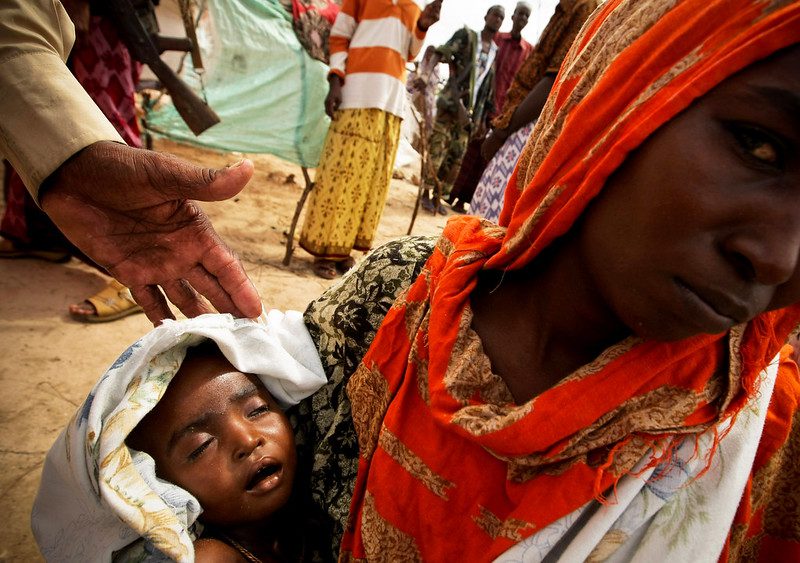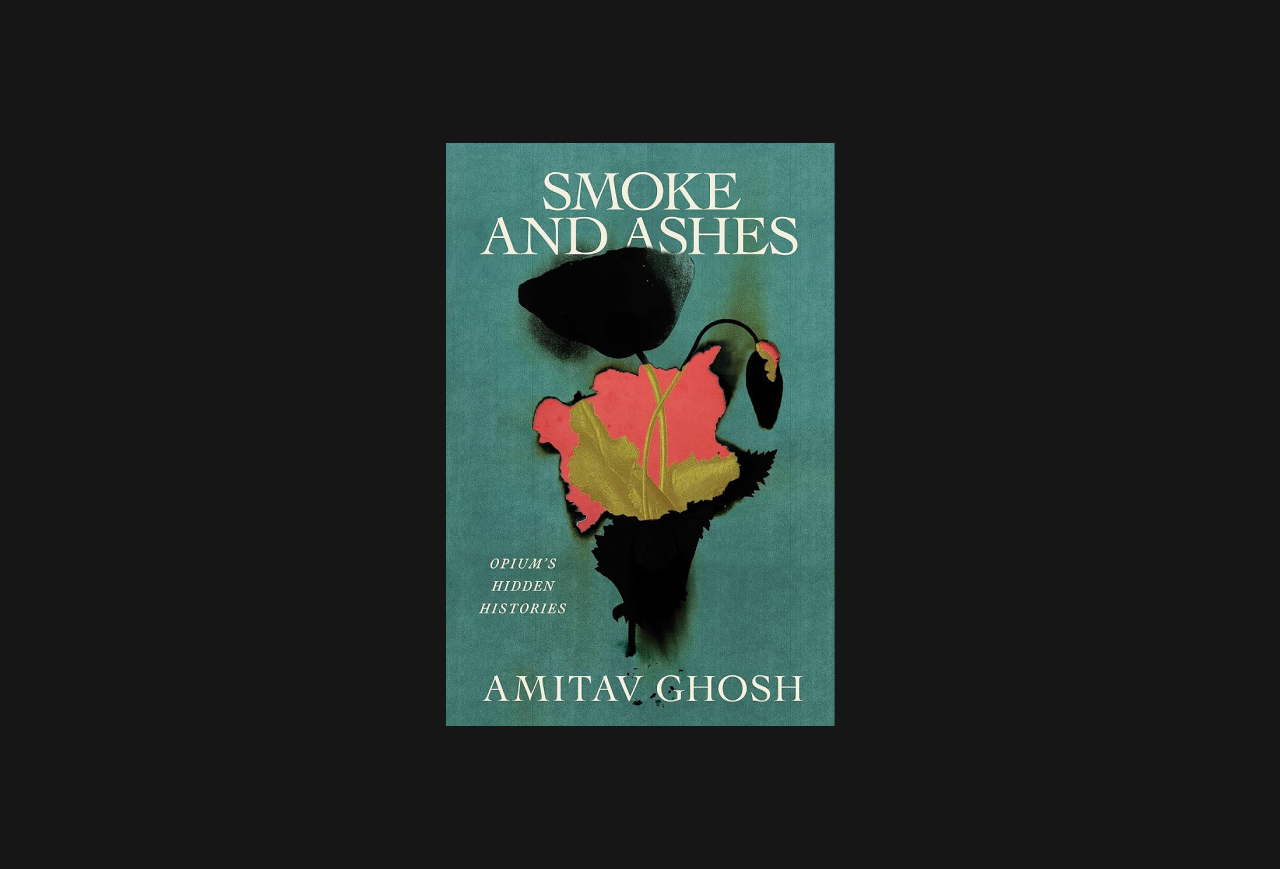The cultural critic Mark Fisher writes, ‘it is easier to imagine the end of the world than it is to imagine the end of capitalism’.[i] He continues:
“Once, dystopian films and novels were extensions of such acts of imagination—the disasters they depicted acting as narrative pretext for the emergence of different ways of living. Not so in [Alfonso Cuarón’s 2006 film] Children of Men. The world that it projects seems more like an extrapolation or exacerbation of ours than an alternative to it.”
Let me transfer that insight to another context: the prospects of global crisis brought on by climate change. Are we so trapped in a political economy of plunder capitalism, that we cannot seriously envisage an alternative?
Experts in climate science and ecology agree that we are living in an era of planetary destabilization. The anthropocene is marked by mass extinction of species at a rate without precedent in tens of millions of years, by global warming at a rate without precedent in hundreds of millions of years, by the domination of planetary life-forms by a single species. One astonishing estimate is that 98 percent of the land-dwelling vertebrate biomass in the world comprises human beings and our livestock. Since the industrial revolution we have been living off nature’s capital, not its dividend; since about 1980 our global levels of resource consumption surpassed sustainability, and currently consumption levels would about 1.6 earths.[ii] We don’t know what this portends for our global ecosystem. But one thing can be predicted with confidence: such a destabilization of ecological equilibria threatens what David Orr, in his recent book,[iii] calls ‘the long emergency’: a new normal of turmoil in our ecosystem.
Experts in climate change and ecology also agree on the outlines of sustainable economic systems, and the kinds of politics that will support these systems. Their models are local: innovations at the levels of cities, counties and university campuses, that preserve the natural environment, consume fewer non-renewable resources, and produce much lower levels of greenhouse gases. To this extent we can imagine a practical, stripped down sustainable utopia. Or to be precise: we can imagine an archipelago of these oases in which communities improve their wellbeing without accumulating ever greater piles of material stuff at the expense of the rest of the world, other species, and the future. The harder task is to imagine ‘real politics’—the everyday transactions that make political systems operate—in which this can happen. And it seems we cannot do that, at least not now.
Looking at the longue durée of our modern era of expansionary political economies, David Orr argues that the industrial revolution’s promise of unprecedented economic growth meant that the vision of abundance—the Kingdom of God on Earth—suddenly appeared to be within grasp, for the first time in history. The perennial debate between Utopian philosophers and pragmatists became political rather than purely philosophical, until such time as the bills became due. Liberal democracies emerged in frontier societies, most notably the United States, where natural resources were abundant and settlers had a commensurate abundance of livelihood choices. Orr’s superb book challenges us to think further. He doesn’t dwell on the counterpart argument that democracies have not historically thrived, or even survived, in times of scarcity and protracted stress. Nor does he touch upon a question that preoccupies me in my research in northeast Africa, which is that peace agreements are possible at times in which economic rents are expanding, and don’t work when these kinds of payouts are contracting. Orr leaves us with the question, can we develop a democratic governance for the ‘long emergency’ of straitened times in a destabilized planet?
Tad Homer-Dixon, for thirty years one of the leading lights of political ecology, also argues that we need less complex forms of social organization. Like all complex systems in the universe, civilization cannot defy the basic laws of physics and ecology, notably the second law of thermodynamics. In The Upside of Down,[iv] he constructs the argument that the Roman Empire collapsed because it could not sustain its complexity; its demands for ingenuity and the administration of complexity passed a point at which they could no longer be met by more ad hoc measures. Each socio-political measure introduced patched a problem but also increased the complexity of the system, until it collapsed under its own internal demands for problem solving. In the absence of a viable solution that simplified and made the system less demanding of socio-political energy, the empire declined and fell, and western civilization did not reach the same level of production and technology for thirteen centuries.
Homer-Dixon has long made arguments that scarcity and ecological stress have contributed to violent conflict and societal collapse. While I have found these arguments compelling for pre-modern societies, I haven’t been convinced when they are applied to the specifics of recent or contemporary crises, such as the genocide in Rwanda, the war and atrocities in Darfur, or the war in Syria. Looking closely, the causal chain from scarcity to fighting and massacre becomes lost in the thickets of political economy and political contingency. We don’t have compelling detailed contemporary historical accounts of ‘greenwars’.
Similarly in my forthcoming book Mass Starvation,[v] I argue that the Malthusian claim that overpopulation causes famine, is simply untrue for food crises of the last few centuries. Even Malthus himself abandoned the ‘Malthusian’ account of famine causation and didn’t attribute mass starvation to population outrunning food supplies.
That doesn’t put me in the camp of the climate change skeptics or the techno-optimists who believe that the world’s biggest and smartest corporations can solve these problems given market incentives. My argument has a different logic. I argue that there is a particular way of conducting politics that leads to each of the following outcomes, in parallel and interconnected ways: unsustainable exploitation of the planet, many of the most intractable conflicts, and famines. The immediate culprit for war, hunger and environmental crisis in places such as Darfur and Yemen is this mode of politics.
I call it the political marketplace: a generalized phenomenon in which political power has become a commodity to be bought and sold, in which human beings, and the planet itself, are valued only insofar as they have a value that can be monetized within an ever-growing political economy. There’s a fundamental, underlying incompatibility between the relentless logic of a marketized political system with its attendant economy of plunder, and human wellbeing on the particular planet we happen to inhabit.
Having summarized the indexes of coming ecological disaster, Anthony McMichael, points out that ‘Reversing these high-risk trends … is a daunting task for a species that has never before needed to take global-scale and radical action on behalf of the future.’[vi] Homer-Dixon, McMichael and Orr all provide templates for how a humane and ecologically sustainable political economy—or ‘renovated governance’[vii]—might function. But their templates operate only do so at a local level, in communities that are relatively cohesive and ready to adopt green technologies in a consensual way. And while these technologies and these human values are laudable and many people are adopting them, it’s a simple, brutal fact that the global script of plunder capitalism and ecological calamity is a more credible imaginary for this century.
References
Alex de Waal, Mass Starvation: The history and future of famine, Polity Press, 2018. http://politybooks.com/bookdetail/?isbn=9781509524662
Mark Fisher, Capitalist Realism: Is there no alternative? Winchester, Zero Books, 2009.
Thomas Homer-Dixon, The Upside of Down: Catastrophe, creativity and the renewal of civilization, Washington DC, Island Press, 2008.
Anthony J. McMichael, Climate Change and the Health of Nations: Famines, fevers and the fate of populations, Oxford, OUP, 2017.
David W. Orr, Dangerous Years: Climate change, the long emergency, and the way forward. New Haven, Yale UP, 2016.
Notes:
[i] Fisher 2009. He attributes the line to Fredric Jameson and Slavoj Žižek.
[ii] Figures from McMichael 2017.
[iii] Orr 2016.
[iv] Homer-Dixon 2008.
[v] De Waal 2018.
[vi] McMichael 2017, p. 277.
[vii] McMichael 2017, pp. 265-8.


